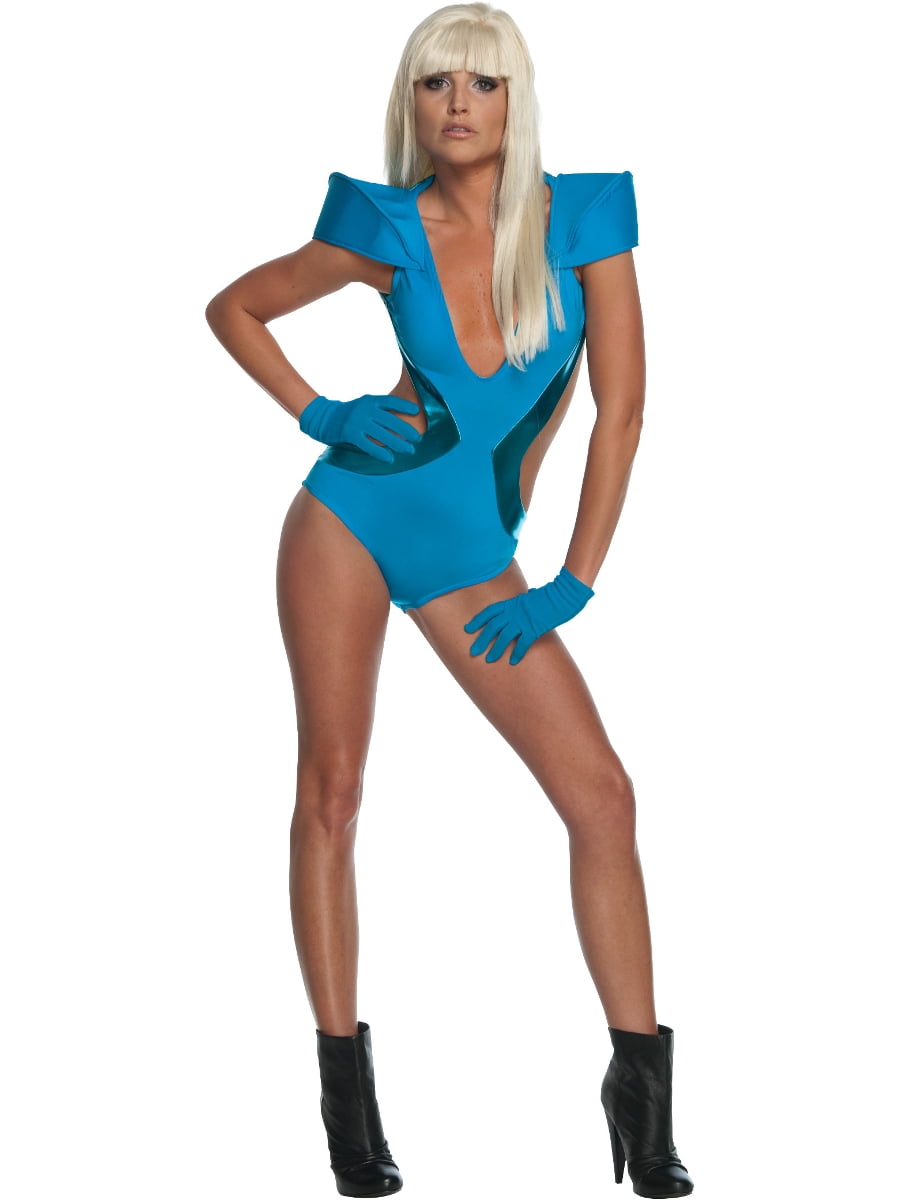Train Poker Face
Newsreaders around the world have been called into their studios early today following President Donald Trump’s tweet confirming that he has the Coronavirus.
We’ve all been called in for straight-face training. Occasionally, a news story comes along which our bosses know is going to be really difficult for even the most seasoned of broadcasters to remain unaffected by. They know we’re going to be doubling over with laughter at this, so we’re having a “laugh-in” between 3.00pm and 5.00pm, and then we have an hour’s calm down quiet time before going live at 6.00pm. The BBC has a special soundproof room where presenters can laugh their tits off until they no longer find a subject funny. It’s all a part of being a professional.
Poker face definition: 1. An expression on someone's face that does not show what they are thinking or feeling: 2. PokerFace (also known as Ant & Dec's PokerFace) is a British game show broadcast on ITV, where one person is guaranteed to win £1 million. The show was created by Ant & Dec, who also host it. As implied by the title, PokerFace, is based on the bluffing aspect of poker games. PokerFace (also known as Ant & Dec's PokerFace) is a British game show broadcast on ITV, where one person is guaranteed to win £1 million. The show was created by Ant & Dec, who also host it. As implied by the title, PokerFace, is based on the bluffing aspect of poker games.
Huw Edwards, Straight Faced News ReaderHuw will be joined by all BBC colleagues who are required to co-present the story. “I first heard about this when I saw a text from Sophie, “Fiona Bruce told us. “I’ll see her at the laugh-in. She’ll have pissed herself over this, I can tell you.”
“In such a difficult year for so many people, the world was ready for a good laugh,” a formerly senior member of the British Royal Family said. “Maybe Joe Biden could become the next President, after all.”
Meanwhile, America continues.

Do you fancy writing for the 83rd Best Satire Site on the Internet?
Poker Face For Windows
Think you can write a better story? Why not give it a go? Send your fantastical tale to submissions@chattychimp.com
We look forward to hearing from you.
Chapter 115 of the book Self-Help Stuff That Works
by Adam Khan
RONALD RIGGIO, PHD, HAS BEEN doing research at the California State University at Fullerton for over seventeen years. He's been trying to find out what makes a person attractive to other people. He officially studies charisma. One important factor Riggio has discovered is the importance of 'emotional expressivity': the ability to show your emotions on your face so people can easily read how you feel. People who don't show much emotion on their faces don't attract us very much. That's one of his findings
that seems pretty obvious.
But Riggio found something that's not so obvious: Charisma also requires the ability to not show emotions. He calls it 'emotional control.' It's what I'm calling a 'poker face' because when you play poker and you get an exceptionally good hand, you don't want anyone else to know. Likewise, if you get a poor hand, you don't want them to know - it gives your opponents an advantage in betting against you. While you're playing poker, the basic rule of thumb is to not ever register your feelings overtly. The only thing that might give you away is the look on your face, so you have to show as little emotion on your face as you can.

Poker Face Download
Improving your ability to have a poker face when you need it (and only when you need it) can increase your effectiveness with people. Why? Because emotions are contagious when they can be seen. When you look at someone who is laughing, it tends to make you feel like laughing, doesn't it? Sure. And when you see someone crying, it can make you feel a little sad. Naturally. That's why good actors are so highly valued. They can make us feel emotions. We all have a tendency to experience the emotion we see on someone's face.
But, you may ask, what's wrong with that?
Nothing really, except sometimes. The problem is that there are some emotions you wouldn't want another to have. Two examples are anger and social awkwardness. When you're angry and you show it, the other person will probably become angry or defensive or afraid to some degree - they can see on your face your blood pressure is up, and their body will respond by increasing their own blood pressure. This rising intensity tends to interfere with communication.

Something similar happens when a person feels socially awkward. When you talk with someone who feels awkward because they don't quite know what to do and it shows, you feel somewhat awkward, too, don't you? Or how about when someone giving a speech feels uncomfortable up there in front of the group? Don't you also squirm in your seat a little just watching?
In these kinds of circumstances, the people would be better off and the people they're talking to would be better off if they would learn to conceal those particular emotions when they feel them.
We have all learned there are times when it is not appropriate to say certain things. You don't say to a widow at the funeral 'the dude owed me money.' At certain times and for certain situations, we all know some things are better left unsaid. Well, the emotion on your face is nonverbal, but it is still communication, and sometimes it is counterproductive to say nonverbally 'I'm angry' or 'I feel awkward.'
The good news is that you can learn to put on a poker face when you need it. I'm not suggesting phoniness or pretending you're happy when you're angry. But there are times it helps to show no emotion on your face. It's a skill like any other, and it can be improved with practice.
Practice having a 'poker face' when you feel negative emotions.
Self-Help Stuff That Works makes an excellent gift. It's a classy hardbound with a sewn binding that says practical stuff in a way that's easy to hear. You can now order it from any of twelve online bookstores. These are the most popular:
Close friends are probably the most important contributor to your lifetime's happiness and your health.
How to Be Close to Your Friends
If you have hard feelings between you and another person, you ought to read this.
How to Melt Hard Feelings
Is it necessary to criticize people? Is there a way to avoid the pain involved?
Take the Sting Out
Would you like to improve your ability to connect with people? Would you like to be a more complete listener? Check this out.
To Zip or Not to Zip
Train Poker Facebook
If you are a manager or a parent, here's how to prevent people from misunderstanding you. Here's how to make sure things get done the way you want.
Is That Clear?
Train Poker Face Mask
Most the people in the world are strangers to you. Here's how to increase your feeling of connectedness to those strangers.
We're Family
next: TRUE Love
APA Reference
Staff, H. (2008, October 20). The Power of a Poker Face, HealthyPlace. Retrieved on 2020, December 14 from https://www.healthyplace.com/self-help/self-help-stuff-that-works/power-of-a-poker-face